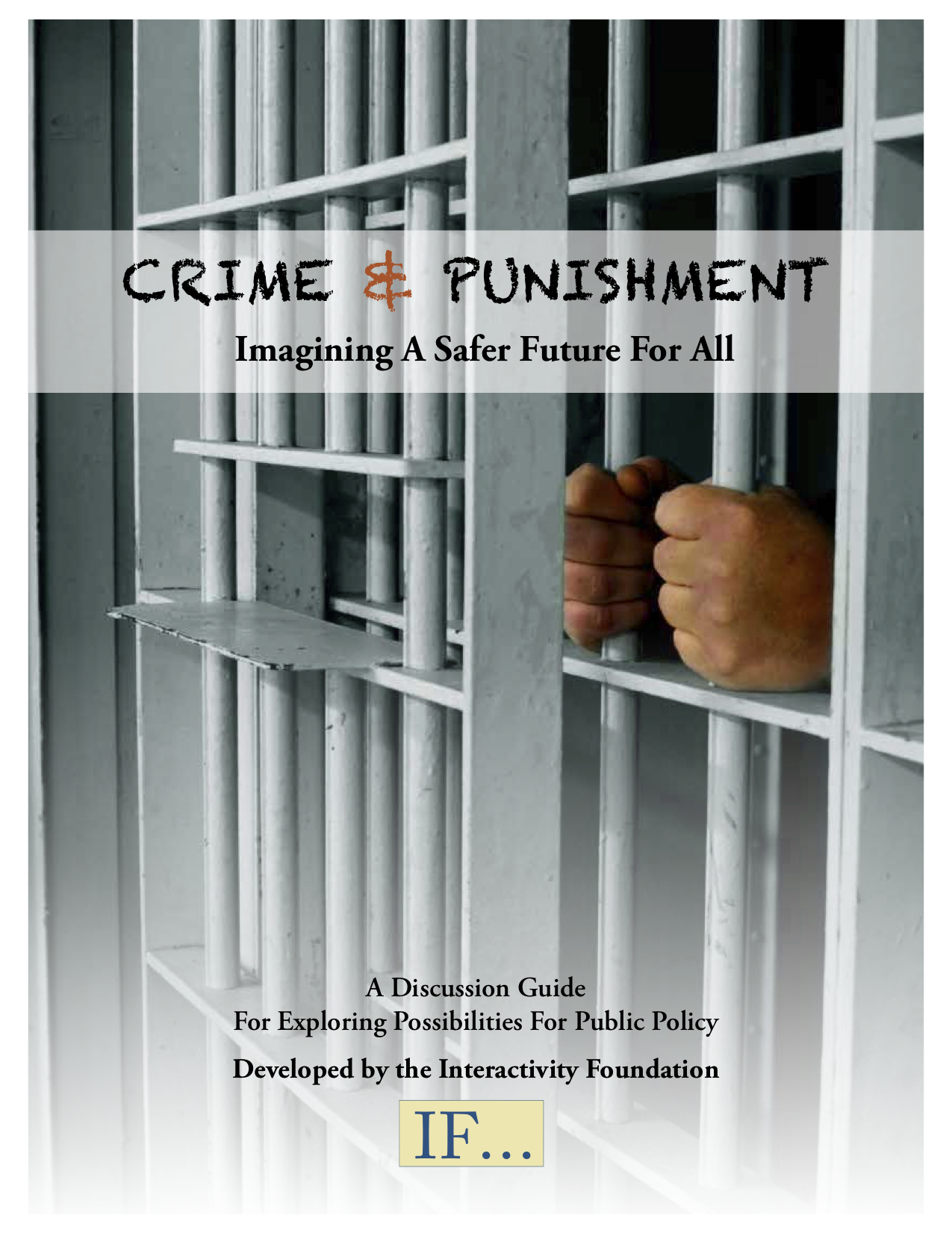Codigital’s cloud-based tool is used by facilitators and conference organizers to engage communities and stakeholders in a simple, participant-driven process that generates ideas, insight, consensus and solutions to the issue under discussion. The tool is used in live face-to-face situations and also in 1-2 week online projects such as gaining input from attendees when planning a conference.
 Codigital’s tool incorporates features that (i) enable people to cross-fertilize their ideas so as to benefit from the different perspectives of the group’s members, (ii) avoid individual bias, (iii) establish the collective view of the group, and (iv) generate a concise summary of the top ideas and themes in real time.
Codigital’s tool incorporates features that (i) enable people to cross-fertilize their ideas so as to benefit from the different perspectives of the group’s members, (ii) avoid individual bias, (iii) establish the collective view of the group, and (iv) generate a concise summary of the top ideas and themes in real time.
Codigital’s tool works with groups from 10+ to many thousands. This scalability, coupled with the tool’s concise pdf report generation, makes it an effective solution when seeking creative input from entire communities or large groups at conferences.
Codigital’s clients include state governments, municipalities, large and small corporations, and individual consultants such as facilitators and conference organizers.
Codigital offers educational and non-profit discounts, and entry-level price plans that make Codigital affordable for single projects or events. Codigital’s plans include consulting and training around when to use its tool and best practice, and also includes full project administration (self-serve is also available).
Codigital’s tool was originally developed to help break down the silos prevalent in many corporate environments, and thereby to enable more and better balanced input to be gathered in order to improve decision-making. The tool combines evolutionary principles and algorithms, and gamification, in a way that establishes the collective intelligence of diverse groups in an engaging manner.
NCDD carried out an experiment with Codigital’s tool in March 2014 when it asked its members: What would you like to see happen when our field comes together at NCDD 2014? You can read Sandy’s blog post about the project and see Codigital’s project report.
Resource Link: www.codigital.com
This resource was submitted by James Carr, co-founder of Codigital via the Add-a-Resource form. Please contact James (james@codigital.com or +1 303 884 1260) if you’d like to learn more about Codigital or arrange a webex demo.




 The five policy possibilities are:
The five policy possibilities are: